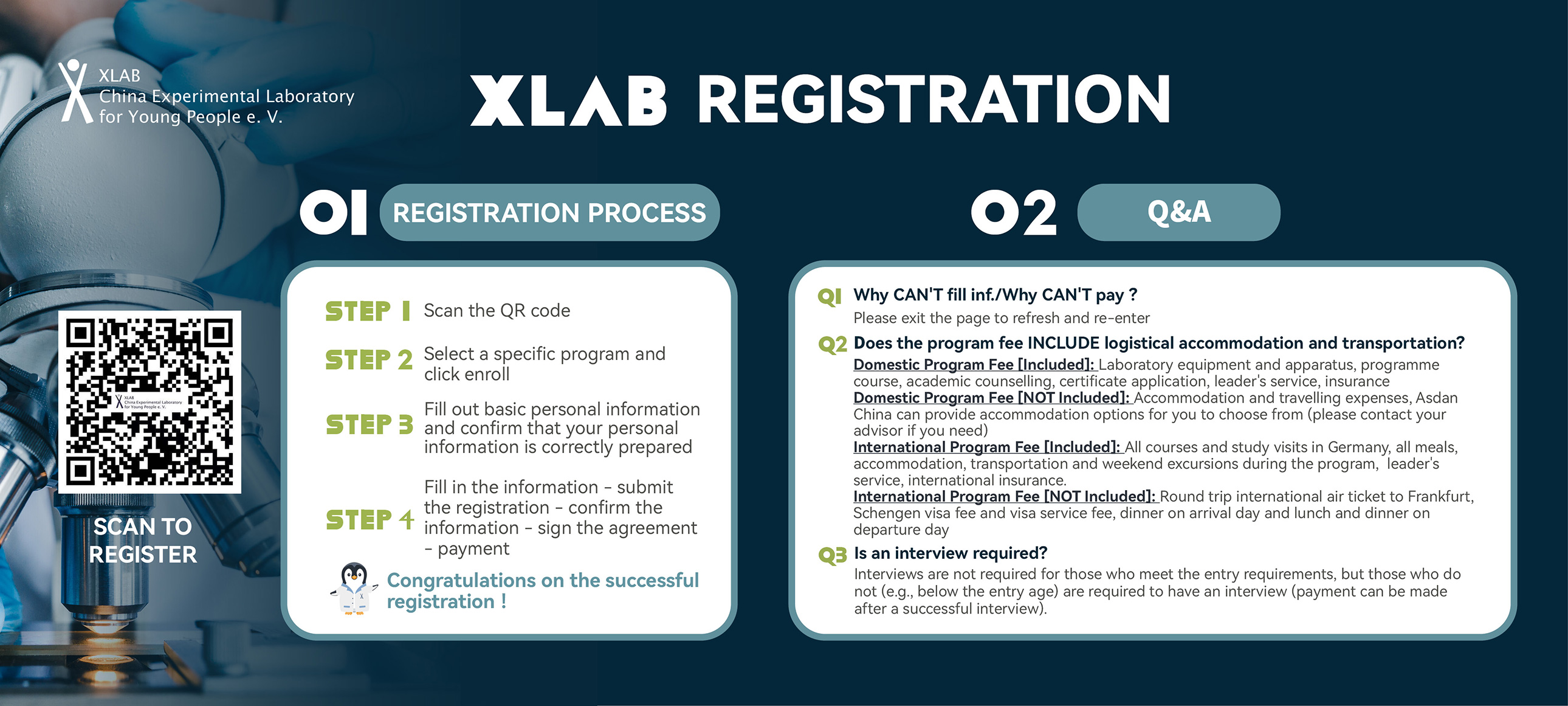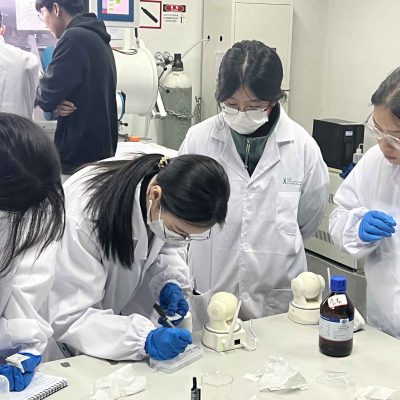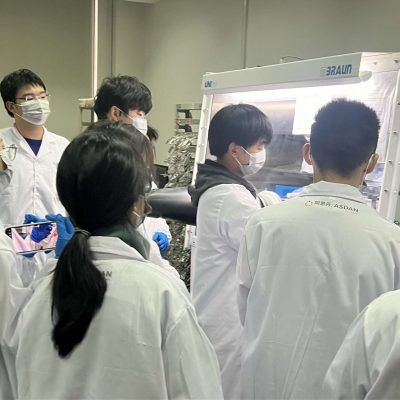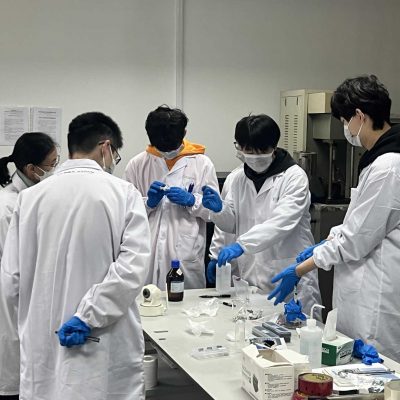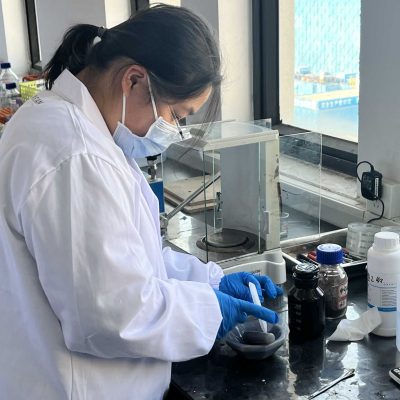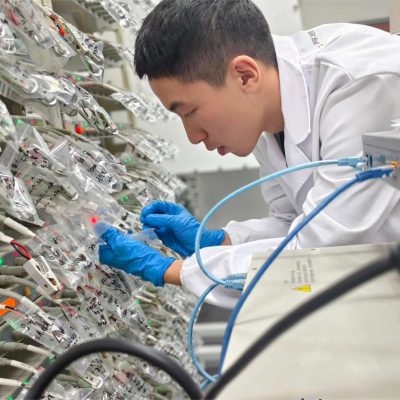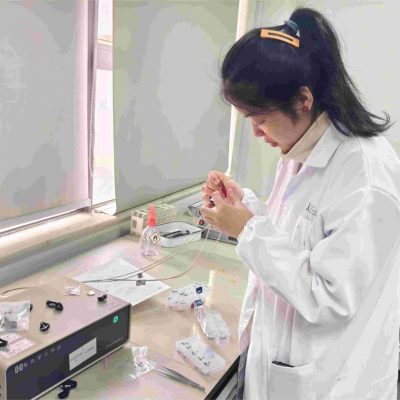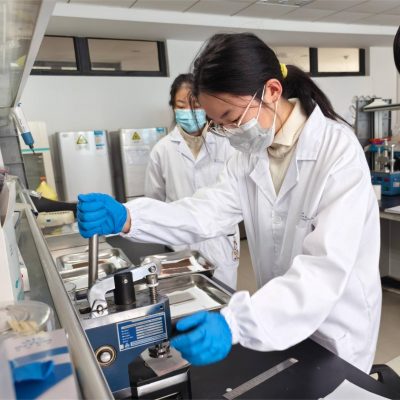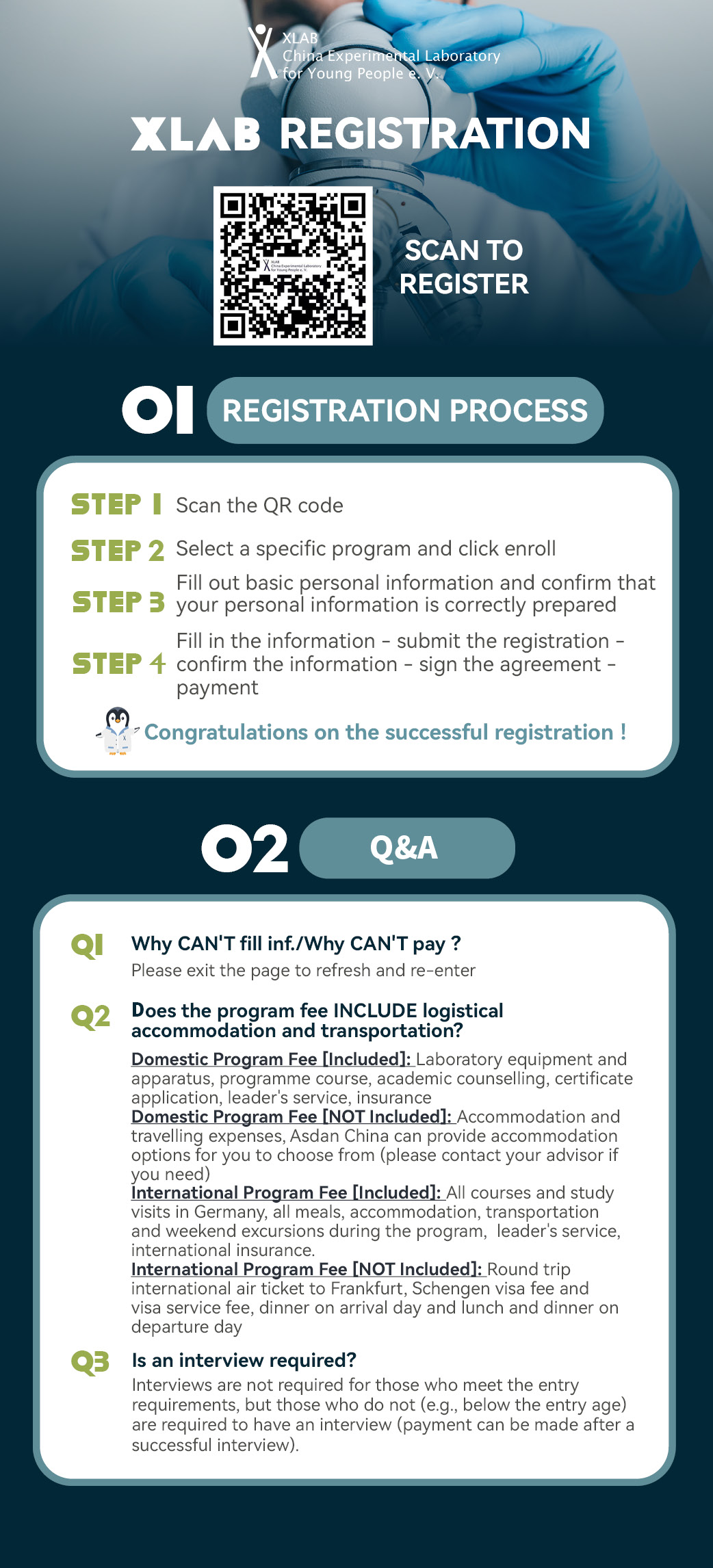New Energy Electric Vehicle - Graphene Lithium Battery Material Development
 Suzhou
Suzhou
Date:【Christmas】 Dec.26th - Dec.30th, 2025
Subjects: Materials Science, Chemistry, Physics
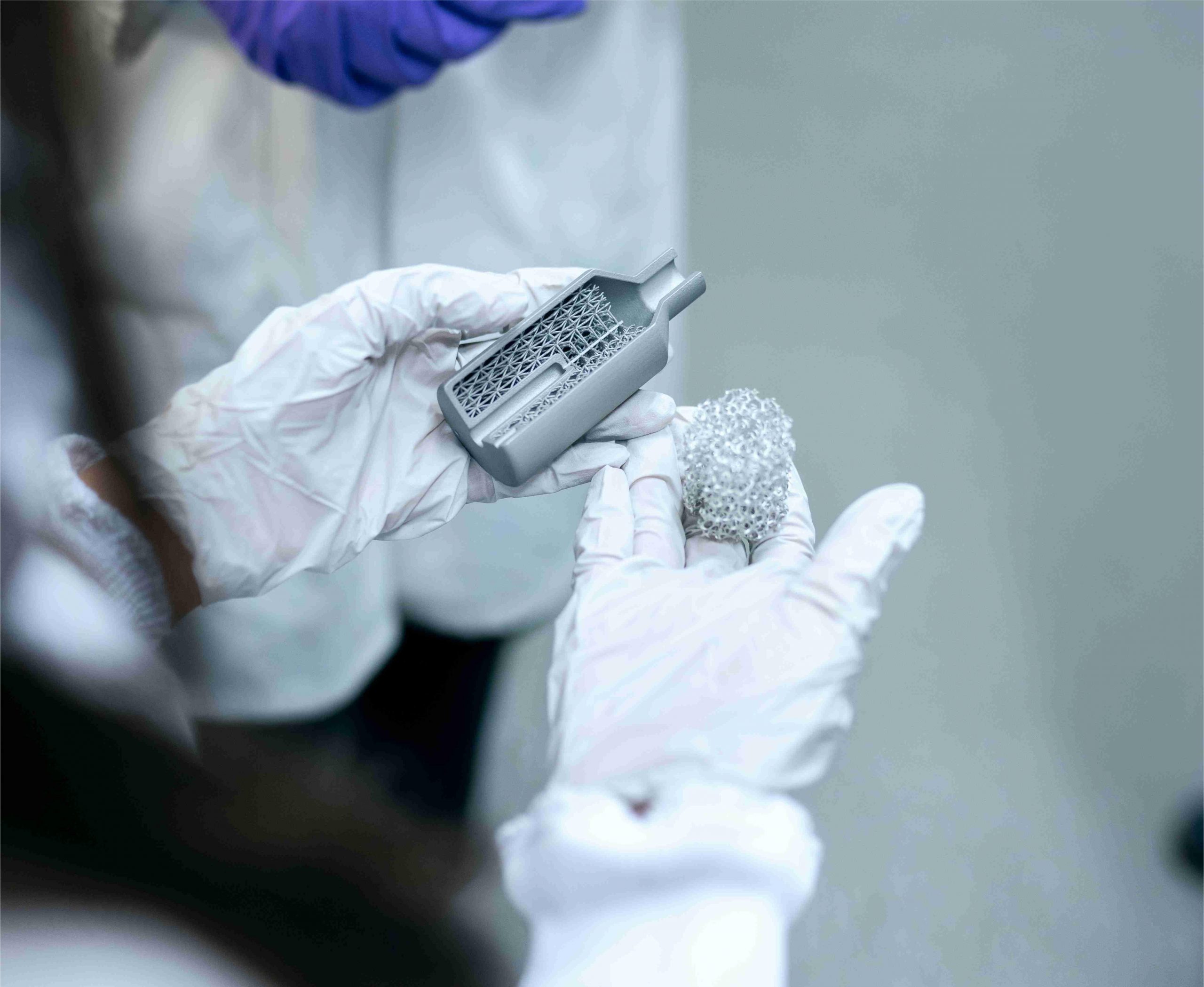
The research and development of new-generation electrode materials will integrate the composite concept and nanotechnology. Using graphene and other new nanomaterials to help, through the material structure design and preparation process optimization, to carry out the development of new materials so as to achieve the power battery range, life, and other aspects of the performance of a substantial increase in the new energy lithium battery materials research and development of the main task and vision.
By participatingin the course, students will understand academics and apply knowledge in the emerging field of new energy. This is a field that combines the intersection of physics, chemistry, materials science, electricity, and information science.
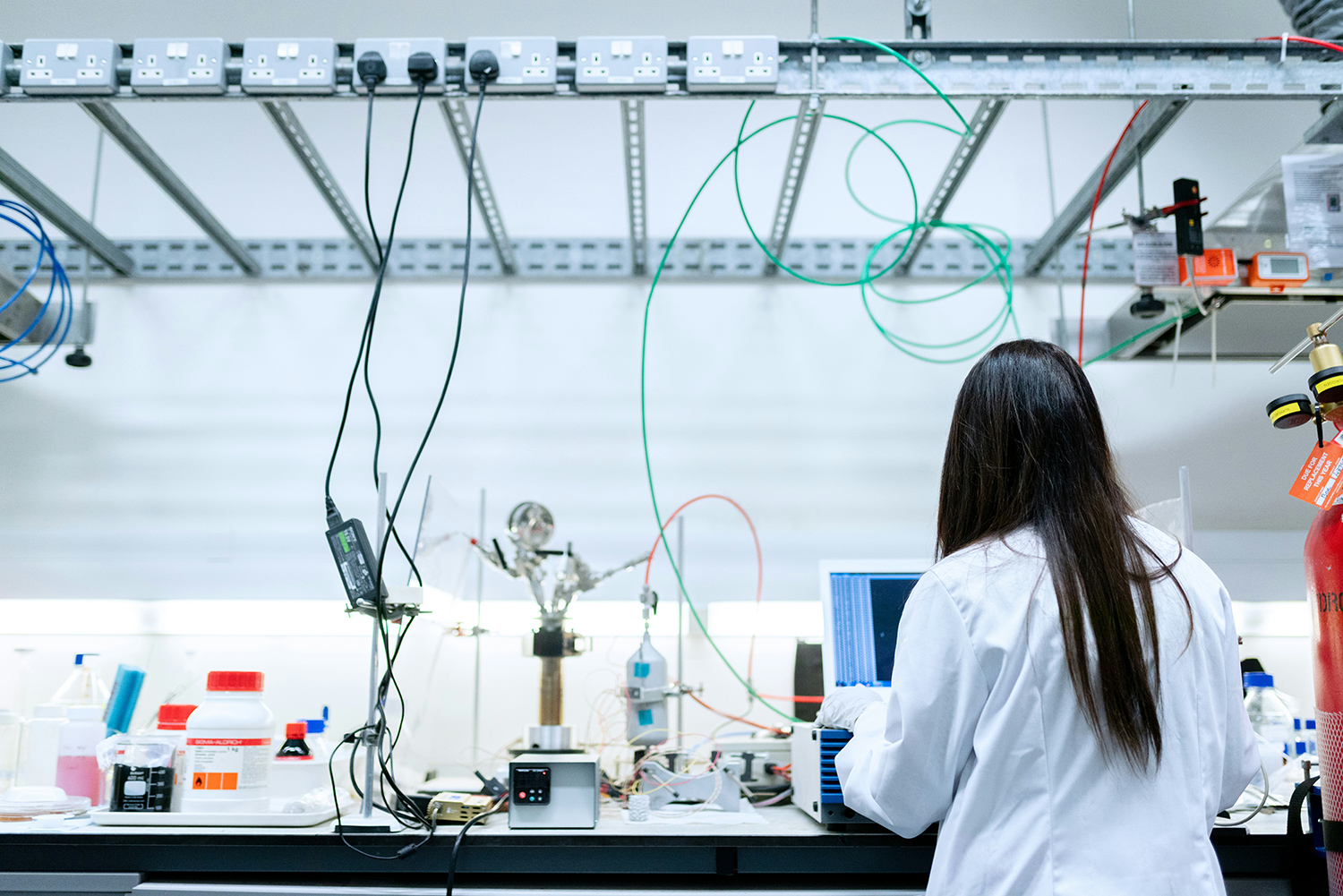
Teaching Faculty
Experts in energy and materials from universities of the 985 Project are specially invited.

Cutting-edge Topics
Systematically learn the principles of graphene lithium battery, and the testing principles and procedures of supercapacitor charge and discharge test.

Real Lab Practice
Preparation of lithium battery, testing the performance characterization of lithium battery.

Outcome Application
Research outcomes for improving the life of modern new energy batteries and other performance from the material development.
Main Experiments
Material Coating and Drying
Glovebox Battery Assembly

Characterization of Lithium Battery
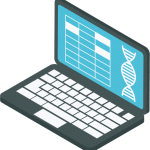
Electrochemical Workstation Testing
Material Coating and Drying
Glovebox Battery Assembly
Characterization of Lithium Battery
Electrochemical Workstation Testing
Certificates
).png)
CERTIFICATE OF ASDAN SCIENCE
ASDAN SCIENCE SHORT COURSES CREDIT ACCREDITED BY UCAS
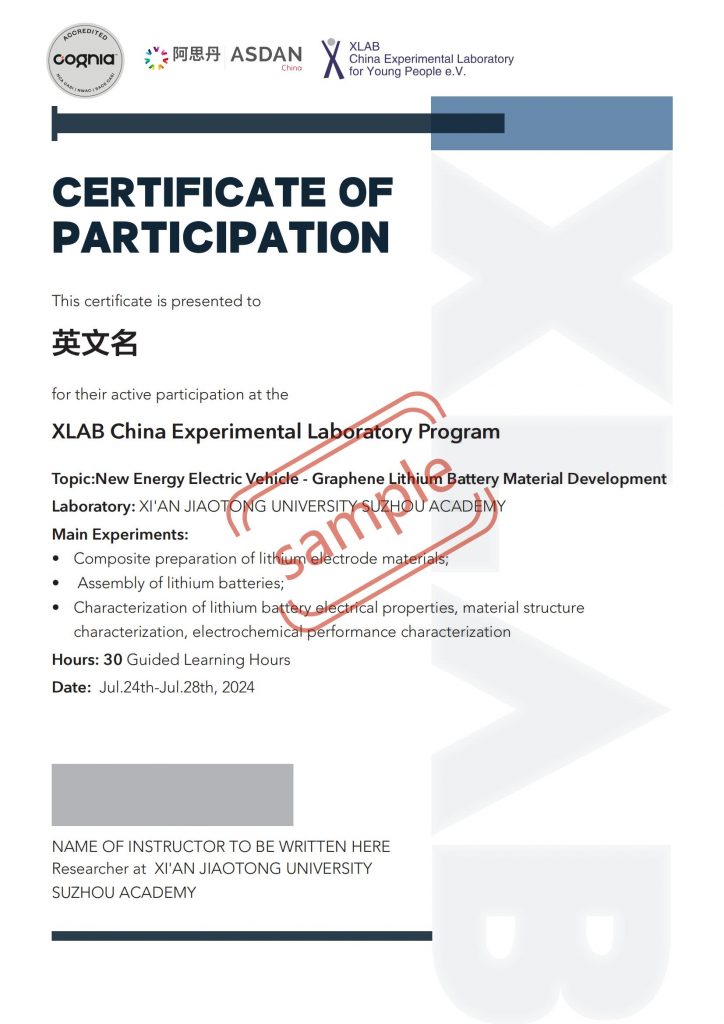
CERTIFICATE OF COMPLETION ISSUED BY XLAB CHINA

Feedbacks
-

I gained a lot from XLAB. Not only did I learn about the research process, but I also personally worked in the lab to manufacture, assemble, and test batteries. Additionally, I gained insights into the advantages and disadvantages of existing lithium batteries, potential improvement solutions, and the societal significance of developing new batteries. Since lithium batteries are closely related to chemistry, my experience at XLAB will enrich my application essays for a chemistry major and be very helpful for my future studies.—— Wuhan Maple Leaf International School, Student Li

-

XLAB has been immensely rewarding for me. Both the theoretical lectures and the hands-on laboratory experiments sparked a great deal of interest in the subject. They taught me a wealth of new knowledge in physics, electrochemistry, and materials science. Teachers were diligent and responsible, always ready to answer any questions. The final presentation developed our teamwork skills and ability to review and reflect on our results. Additionally, reading scientific literature broadened my knowledge base and made my thinking and logic more comprehensive.—— Shanghai Guanghua Cambridge International School, Student Zhao

-

We learned about carbon neutrality and peak carbon dioxide emissions, gaining an initial understanding of the future landscape of global environmental protection. Through this study, we discovered methods for capturing carbon dioxide. The experiment on capturing carbon dioxide using petroleum coke taught us practical approaches to managing CO2 emissions. This experience also helped me clarify my future direction—I am now determined to dedicate myself to working towards global environmental protection.—— Beijing Aidi School (British High School Course), Student Wu

-

This experiment taught me a great deal about using laboratory equipment and underscored the importance of lab safety. Scientific research is a severe and meticulous endeavor; it cannot be taken lightly. Collaboration with peers allows for the pooling of ideas, which is crucial. Notably, wearing triple-layer gloves ensures that reagents remain uncontaminated during the final assembly in the glove box. Every step demands thoroughness and complete focus. This experience immersed me in scientific research's essence and gave me a new understanding of my future professional pursuits.—— Aidi School, Student Chen

Photo Gallery
Why Us
History
XLAB has a 20+ year history. It was initiated by Professor Neher of the University of Göttingen in Germany and strongly supported by the German government and the University of Göttingen. XLAB, centered around high-end scientific experiments, is widely favored by over 10,000 students yearly. XLAB has established practice centers worldwide, aiming to expand this unique concept and teaching method to reach more students.
XLAB aims to enable more people to learn and experience the joy of science, encouraging them to explore the mysteries of science and consider how to use science to solve human problems. Therefore, XALB's subjects are generally more complex in physics, biology, or medicine. Instead, they focus more on interdisciplinary, cutting-edge topics such as genetic engineering, medical research, nanobiology, medical chemistry, high-energy physics, and more.
Subject
Experiment
Experiments are the core of the XLAB. Each participant can enter advanced laboratories to conduct safe experiments, analyze data, and write experiment reports. Over six hours of scientific research daily enhances students' scientific knowledge and logical thinking and cultivates concentration and endurance. Students will be able to experience the work content and status firsthand and consider whether to choose a research direction in future education.
The courses in XLAB are unique. They consist of four key modules: Subject Introduction and Program Thinking, Scientific Research Teaching, Laboratory Operations, Experimental Data Analysis, and Research Report Writing. All courses are taught in small groups of 10 to 25 students.
Course
Faculty
Experts are invited to design experiments and teach students since the topics and content of XLAB exceed the curriculum of high schools and are specialized in specific research areas. Relevant scientific research institutions support XLAB China and provide an in-depth academic experience for Chinese students based on its unique teaching methods and experimental requirements.
Two authoritative certificates are available: the XLAB Program Certificate of Participation, which details the experimental content and is signed by instructors. Students will complete an academic report containing experimental results and data analysis to apply for the ASDAN "Science Award" Certificate for 30 credit hours of study officially accredited by UCAS.
Certificate
Research
XALB provides invaluable research scenarios for students who plan or are currently engaged in natural science research-oriented learning, such as EPQ or scientific papers, to implement their research plans and participate in hands-on scientific research. Experimental reports can be considered as part of their research achievements.

